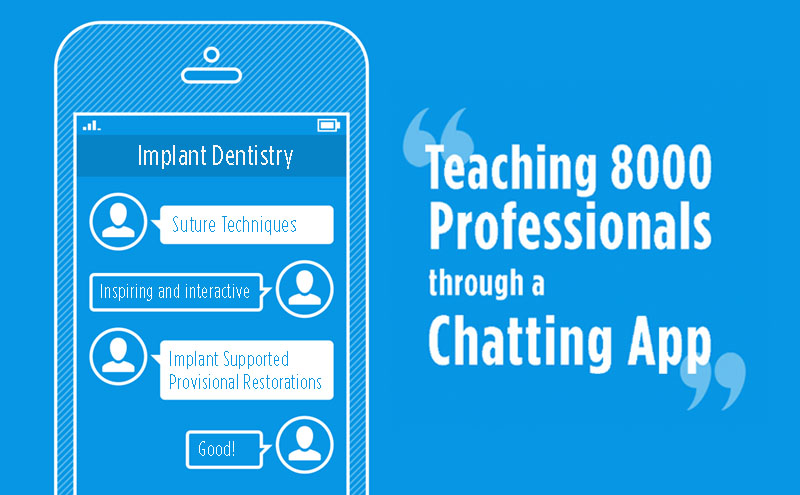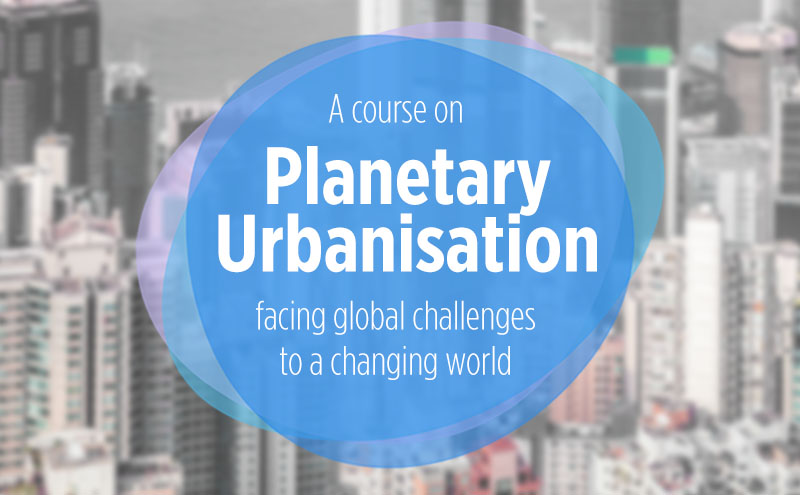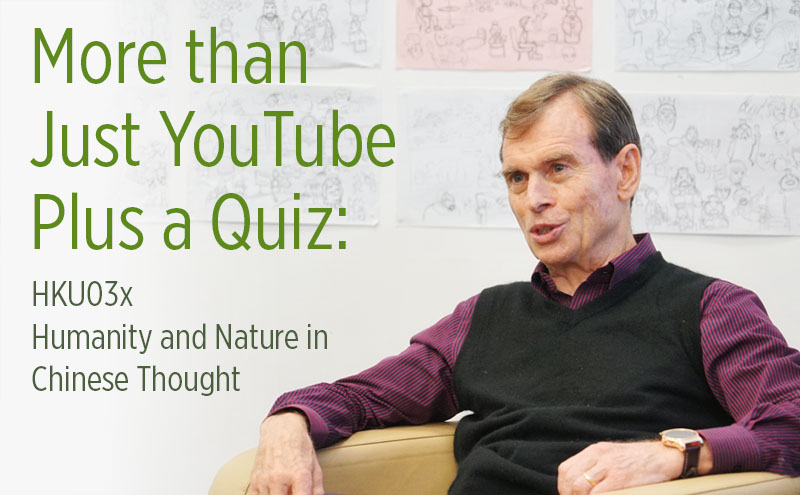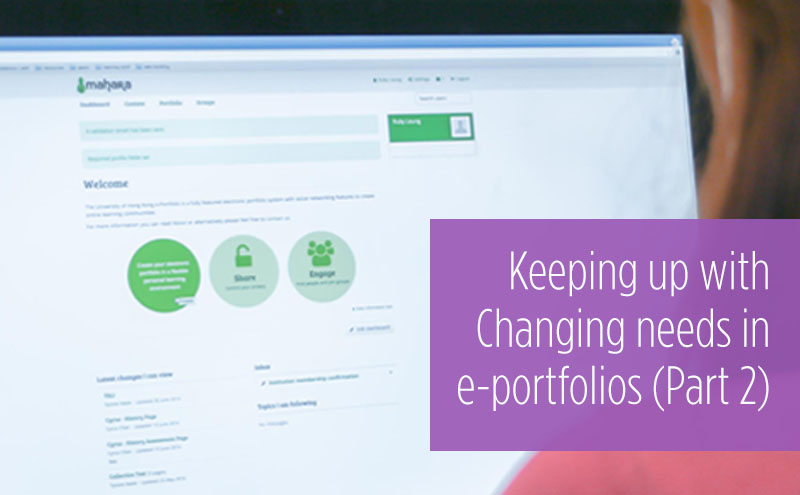
The Faculty of Dentistry recently launched a MOOC which targets pre-professionals and dentists in the world – particularly those in China where formal programmes in this area are rare. The question for the course team is: how to reach this group of audience? The answer: one powerful friend, and your smartphone.
In order to reach out to the dental community and create bigger impact for the MOOC, the course team established a partnership with an online dental training platform, Myake. Founded by a few experienced dentists, the platform’s vision is to provide free quality education and knowledge sharing. With more than 10,000 registered users, it has established an active and mature learning community among practising dentists.
The featuring promotional event was for the MOOC instructor, Dr. Nikos Mattheos, to give a live webinar through the platform. Dr. Mattheos addressed a key topic under implant dentistry, and took the chance to invite learners to join our MOOC.

What came as a surprise to the course team, was that the tool being used to deliver the webinar, was a simple chatting app, which is so popular that almost everyone in Mainland China is using. Without a webcam, a laptop, or any other sophisticated gadgets, the only device needed for delivering and participating in the webinar, was a smartphone. The instructor simply presented screenshots of lecture slides, and supplemented them with voice messages. Throughout the 90-minute webinar, the number of live learners kept growing, eventually reached over 8000.

How do we make high education more accessible? Clearly one efficient way is to adopt tools that is available and familiar to our target audience. Making use of this day-to-day communication app, the implant dentistry course team was able to bring the knowledge straight to the front-line practising dentists.










